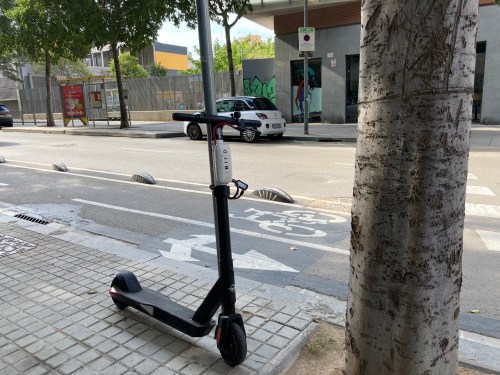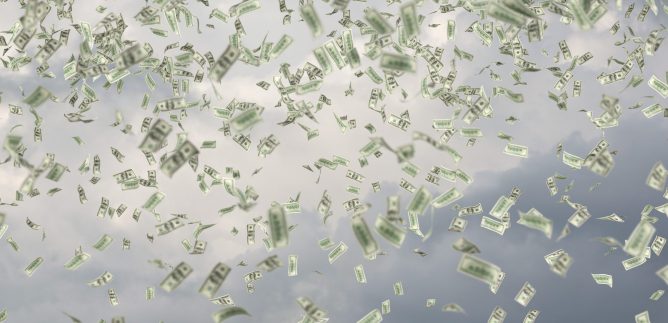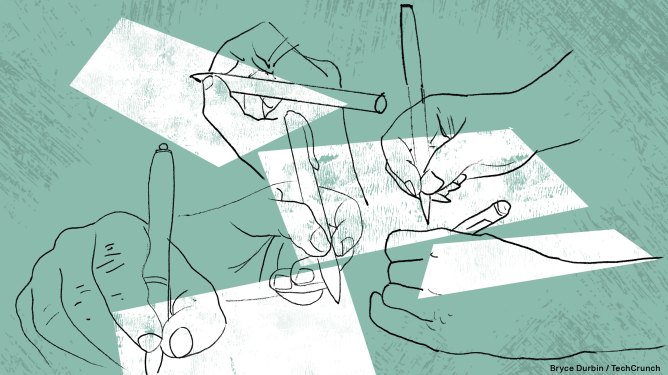Share Price Decline
Shares of Switchback II Corporation, a blank-check company, have dropped more than 14% in morning trading today, following the news that the company’s merger with scooter company Bird has been approved by shareholders. The share price decline is a stark contrast to the expected valuation of around $2.3 billion for Bird when it begins trading on the public markets.
Historical Economics and Business Model
When Bird first announced its plans to go public through a SPAC-led debut, TechCrunch expressed concerns about the company’s historical economics. Bird’s early business model, which involved buying scooters and renting them out, led to significant losses. However, in recent quarters, Bird has shifted its focus towards leveraging a partner network to handle scooter deployment, resulting in more attractive financial results.
Improved Financial Performance
Under Bird’s new business model, scooters are directly delivered to independent operators, who take on the bulk of the operational work that the company once centralized. This change, combined with improved scooter designs and better depreciation results, has contributed to a significant improvement in Bird’s financial performance. For example:
- Gross margins were negative in 2018, 2019, and 2020 but are expected to be positive this year.
- Ride profit, inclusive of depreciation, rose to $15.4 million in Q2 2021, its best result ever.
Investment Community Reaction
Despite the merger’s approval by shareholders, investors seem skeptical about Bird’s prospects on the public markets. The decline in Switchback II Corporation’s share price suggests that some investors may have been expecting the deal to fall through and therefore sold their shares when it was announced. This reaction is not entirely unexpected, given the company’s tumultuous past and the challenges associated with going public.
Q3 Results and Public Market Value
Investors are eagerly awaiting Bird’s Q3 results, which will provide insight into the company’s recovery since the second quarter. If Bird manages to post strong Q3 results and recover lost ground in terms of its public-market value, it will have a positive impact on startups like Tier, which are busy raising nine-figure rounds for their own scooter operations. Conversely, if Bird’s Q3 numbers are lackluster or its market cap dips regardless, it will send a negative signal to these startups.
Implications for Startups
The public debut of Bird will be closely watched by startups in the mobility space, particularly those like Tier, which are vying for a multibillion-dollar exit. If Bird is unable to demonstrate strong financial performance, it could have a chilling effect on the ability of these startups to secure such exits.
Conclusion
Bird’s impending public debut marks the end of its private-market life, a period marked by significant capital raises and a tumultuous early pandemic business period. Despite the challenges, the company has made progress in righting its economics and overall financial performance. The next few weeks will be crucial in determining Bird’s future prospects on the public markets.
Related News
- CBRE buys remainder of co-working company Industrious: CBRE Group Inc., a commercial real estate services firm, announced that it would acquire the remaining stake in Industrious, a shared workspace provider.
- Biden admin snubs Tesla’s $100 million big-rig charging funding request — again: The Biden administration has once again rejected Tesla’s proposal for a $100 million funding program to support the development of high-speed electric vehicle charging infrastructure along highways.
Follow TechCrunch for the Latest News and Insights
Stay up-to-date with the latest news, trends, and analysis in the tech industry by following TechCrunch on social media or subscribing to our newsletters.




